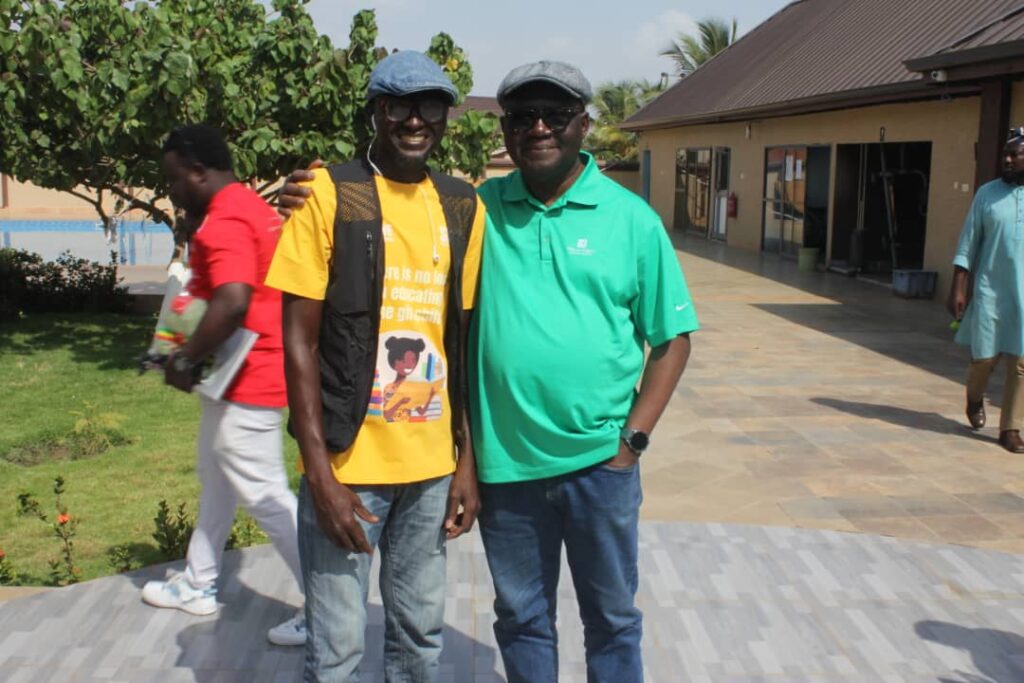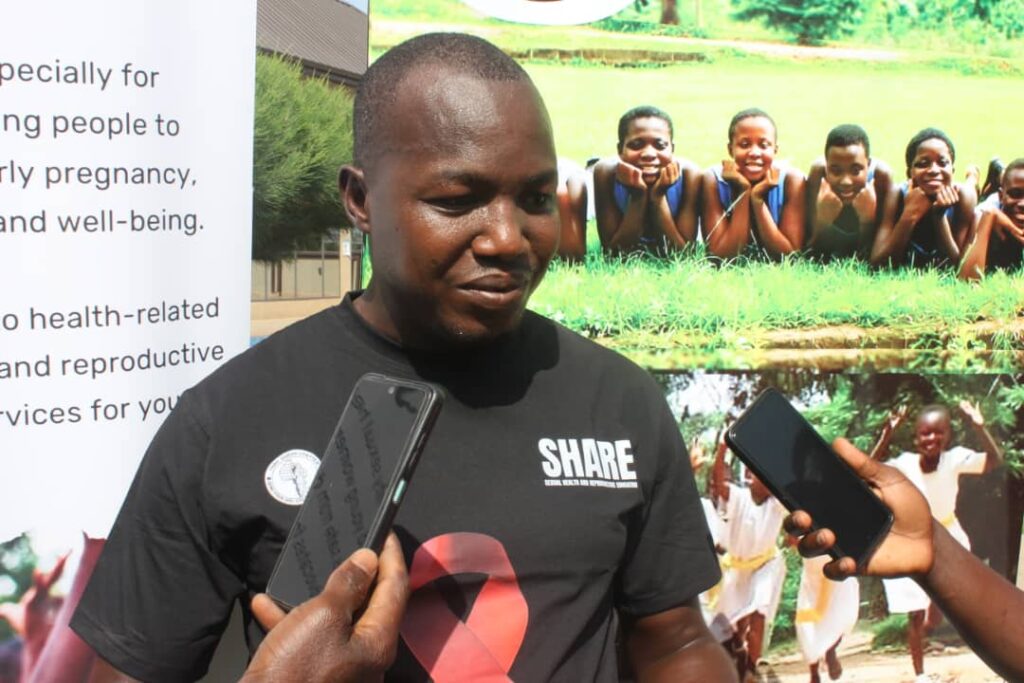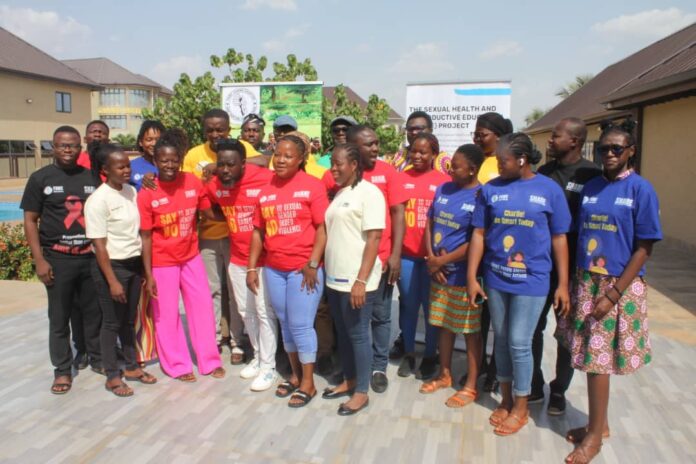Journalists have been entreated to ensure gender and cultural sensitivity in reporting especially on issues relating to equality and adolescent sexual reproductive health and rights.
David Kwesi Wi Ghartey-Tagoe, a communication for development practitioner and community radio initiator, observed that, while the media in Ghana highlight issues affecting adolescent reproductive health and rights as well as equality, they do so without ensuring gender and cultural sensitivity in some cases thus, reinforcing gender stereotypes and offending the sensibilities of their audience.
This inadvertently entrenches harmful beliefs and practices that thwart efforts to promote equality and reproductive health rights instead of eradicating them, he said.
He, therefore, called on journalists to ensure sensitivity in reporting on such matters.
“One of the purposes for trainings like these is to guide journalists to be able to be mindful about some of the things they talk about. They could still be reporting on these gender issues. They could be reporting on adolescent sexual issues. But they might not be aware that probably the angles they are taking or the language they are using might really offend some cultural sensibilities or offend other people,” he stated.
“But it’s not just presenting these stories. they should be presented in a way that will resonate with people and make people, at the end of the day, come to a certain recognition, all towards a particular particular change.”

Ghartey-Tagoe made this call at a training organized by the Forum for African Women Educationalists (FAWE) for selected journalists in the Upper East Region.
The 3-day training held at Ganass Hotel in Bolgatanga from March 26 to 28, 2025 forms part of the Sexual Health and Reproductive Education (SHARE) project being implemented since 2023 in collaboration with Right to Play, WaterAid and FHI 360.
The project has seen the training of 3 different cohorts of more than 60 journalists in 2023, 2024 and 2025.
About 20 journalists and information service workers benefited from the latest training.
Emmanuel Gazari, a senior field officer of FAWE Ghana said the training is part of the organization’s advocacy drive to eradicate harmful traditional practices and promote sexual reproductive health rights.

He indicated that the training is already getting results as beneficiaries are now shedding light on such matters.
“We’ve had stories, journalists taking up the task to report issues on SRHR. We have one which came up, and FAWE even stepped in to support the education of the young girl. I know another journalist who is following up on a defilement case as a result of this training,” said Gazari.
“And some of the regional awardees in the last GJ, even the previous one, and then the just ended one, have been beneficiaries of this training. And their stories are always on these issues, and then child rights issues.”
Ghartey-Tagoe noted that though there are many critical issues affecting equality and adolescent reproductive health rights in Ghana, they are often unreported because the media lack the competencies to spot and report them.
He is, thus, urging journalists and other media practitioners to deepen their knowledge on such matters in order to better highlight them.




